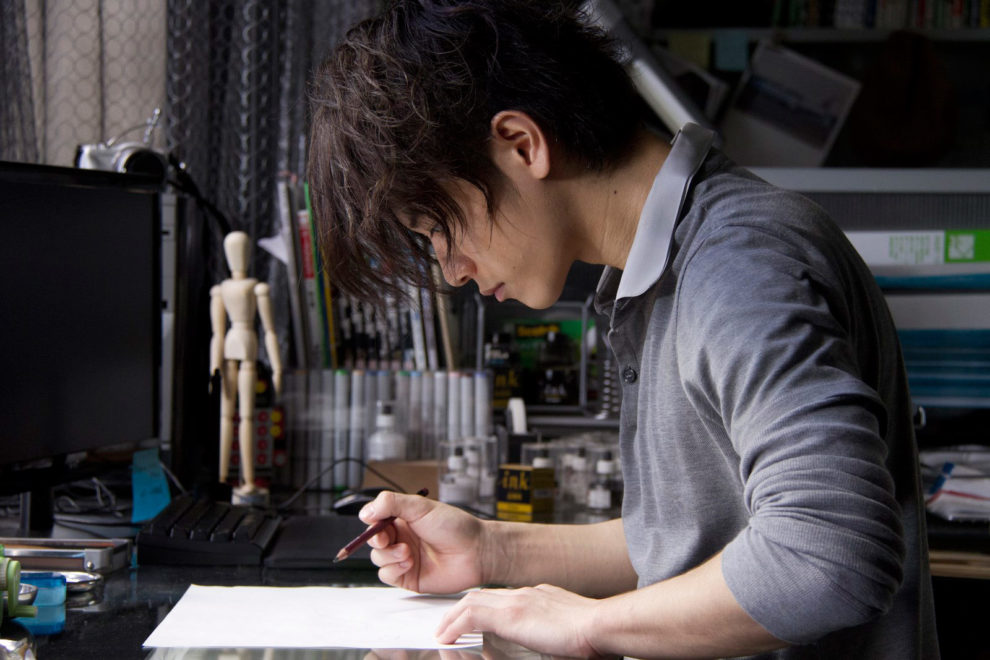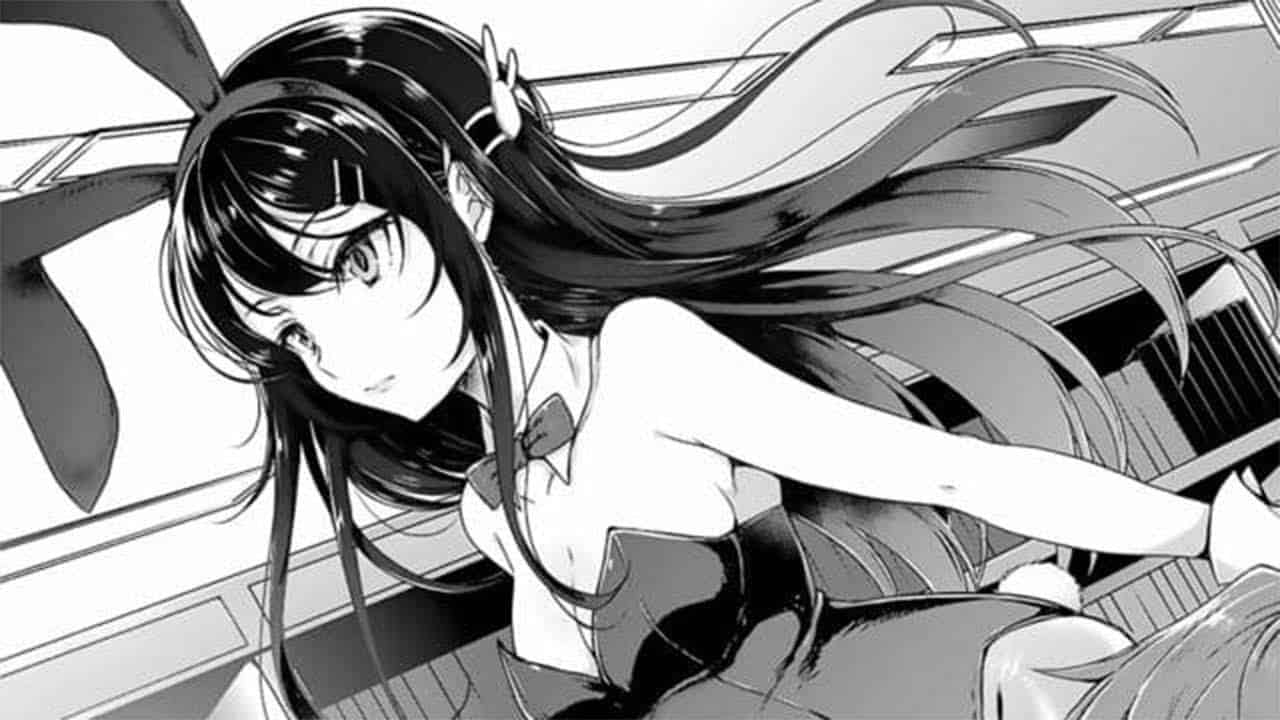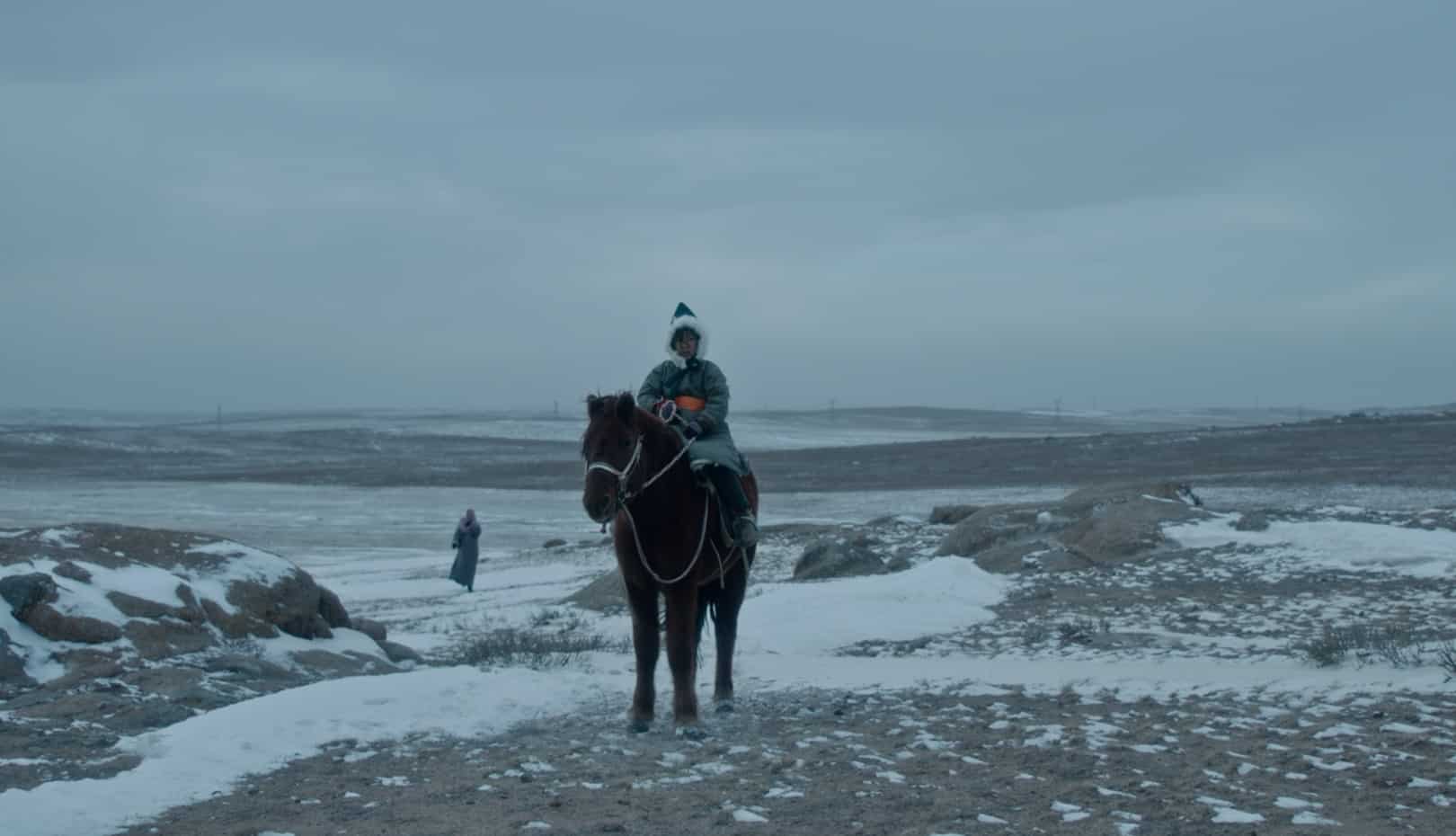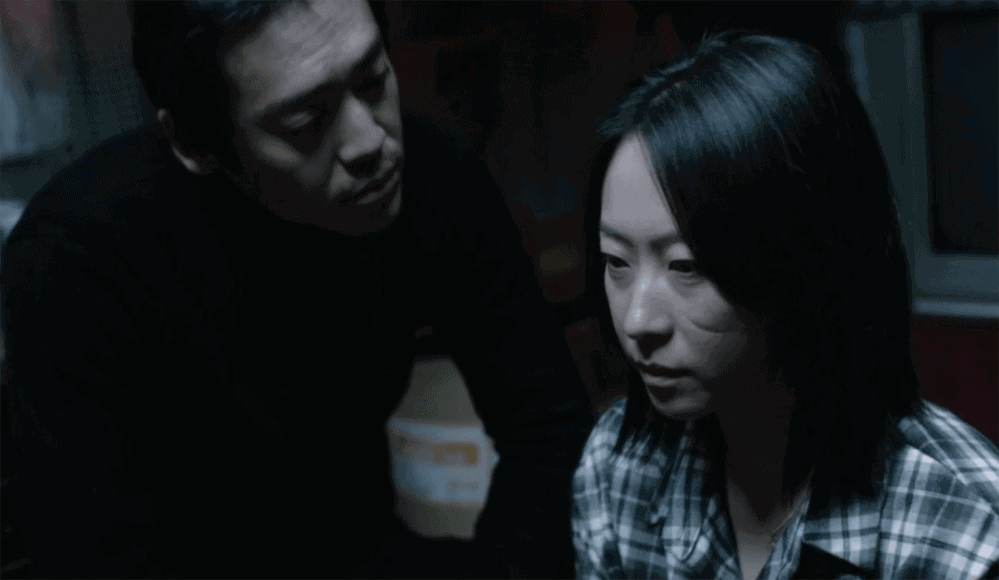Kiyoshi Kurosawa's big-screen adaptation of Rokuro Inui's novel A Perfect Day for Plesiosaur marks the director's slow transition from horrors like “Cure” and “Retribution” to more recent dramas including 2017's “Before We Vanish” and “To the Ends of the Earth.” In this genre mashup of thriller, science fiction, drama, romance, and monster movie, Kurosawa creates an experience which is bound to be bizarre and disorienting, even for viewers who are accustomed to his surreal style.
The story revolves around Koichi Fujita, a neurologist with access to new and innovative technology, trying to access the depths of his comatose lover's mind. Atsumi Kazu is a manga artist who had attempted to kill herself the year before, after a negative experience with writer's block, and has been unconscious ever since. Alongside his assistants Aihara and Yonemura, Koichi spends hour-long sessions in the mind of Atsumi through a practice which the doctors call “sensing.” Koichi's goal is to find out the reason why Atsumi tried to take her life, and in doing so, bring her life enough meaning to take her out of her subdued state.
This serves as the basis of the narrative in “Real,” but things get more complicated as Koichi starts putting the pieces together and realizing the reality of his situation. Without revealing much, it serves to say that the ending is incendiary as well as extremely weird, subverting one expectation after the next. Although all of Kiyoshi Kurosawa's movies examine the way the subconscious affects events which unfold in actual reality, “Real” is by far the director's most literal exploration of this, as Koichi and Atsumi travel through a thick fog to journey into the most absurd and inaccessible regions of Atsumi's mind.
Actors Takeru Satoh and Haruka Ayase do a wonderful job navigating Kurosawa's bizarre world as star crossed lovers; their respective existential crises, as well as their passions for one another, is certainly palpable. Where the movie is flawed, none other than director Kurosawa can be blamed for opening too many plotlines without seeing them all through. Although the disorienting elements in “Real” come together in a somewhat cohesive whole by the end of the film, the narrative feels somewhat unsatisfying, as though its essence was lost somewhere along the way. If somebody were to view the first ten minutes of “Real” and then compare them to the last ten minutes, no connection would be made that these were scenes from the same film.
One thing which certainly stands out in “Real” is its well-established and dramatically eerie vibe, and none other should be credited than the movie's musician and its cinematographer. Composer Kei Haneoka succeeds in following Kurosawa as he blends genres, creating a film score that transitions from mysterious and dramatic ambience in the movie's tense moments to something more calm and retrospective in the less dreadful ones. As always, cinematographer Akiko Ashizawa–who helped with Kurosawa's movies “Loft” and “Retribution,” and would go on to facilitate the production of “Journey to the Shore” and “Creepy”–works alongside Kurosawa in “Real” to create the director's signature slowburn atmosphere, featuring surreal set designs and many ominously long shots.
Throughout his career, Kurosawa has transitioned from his disturbing J-horror titles of the past to his heartfelt and contemplative dramas of present-day, and “Real,” serves as the perfect representation of the director's evolution by incorporating a little bit of both from each end. It might be the director's most fleshed out undertaking, but expectations will be subverted so many times that the viewing experience will be strange and enjoyable for all.
















